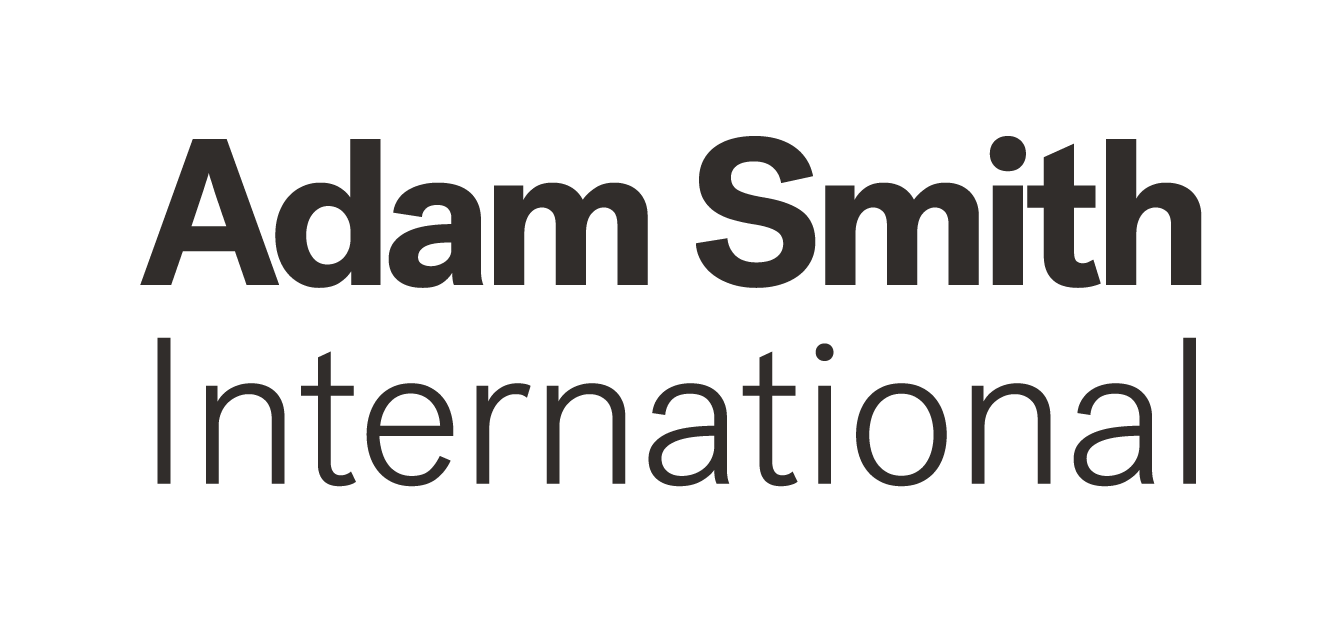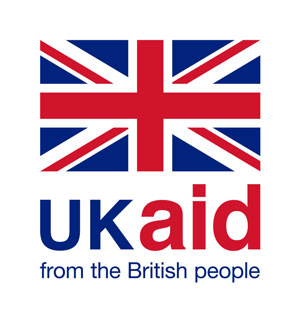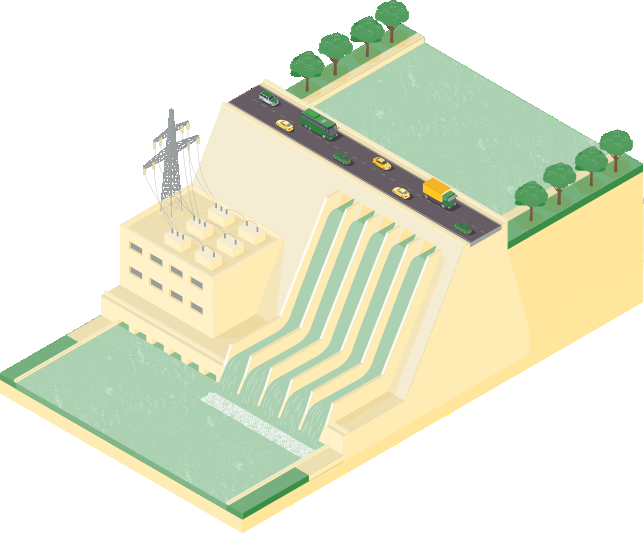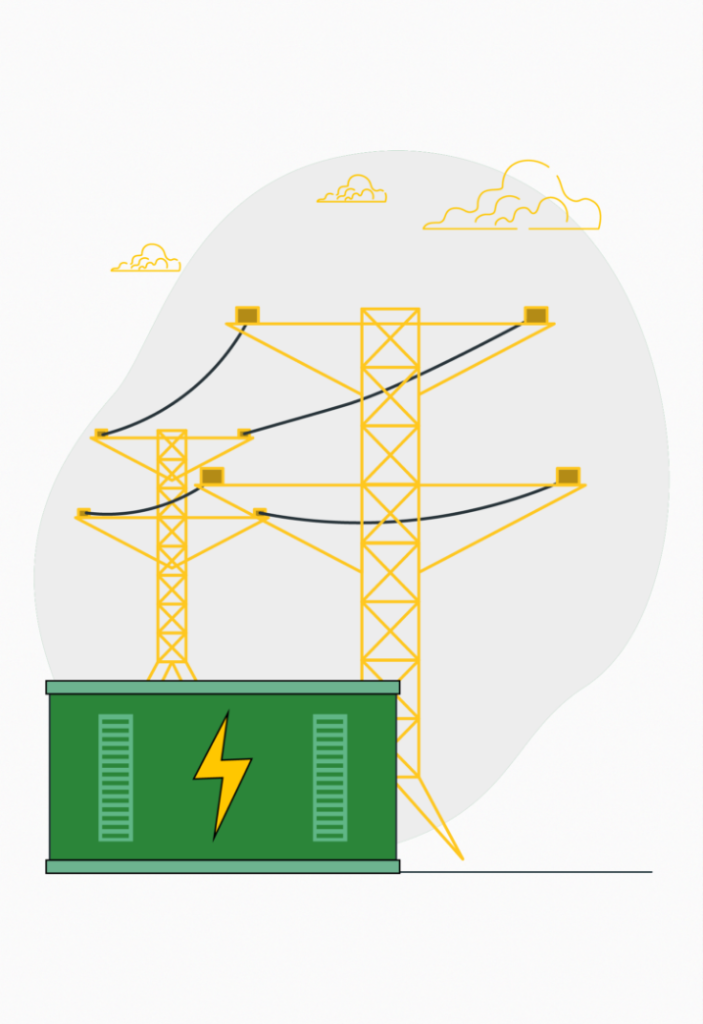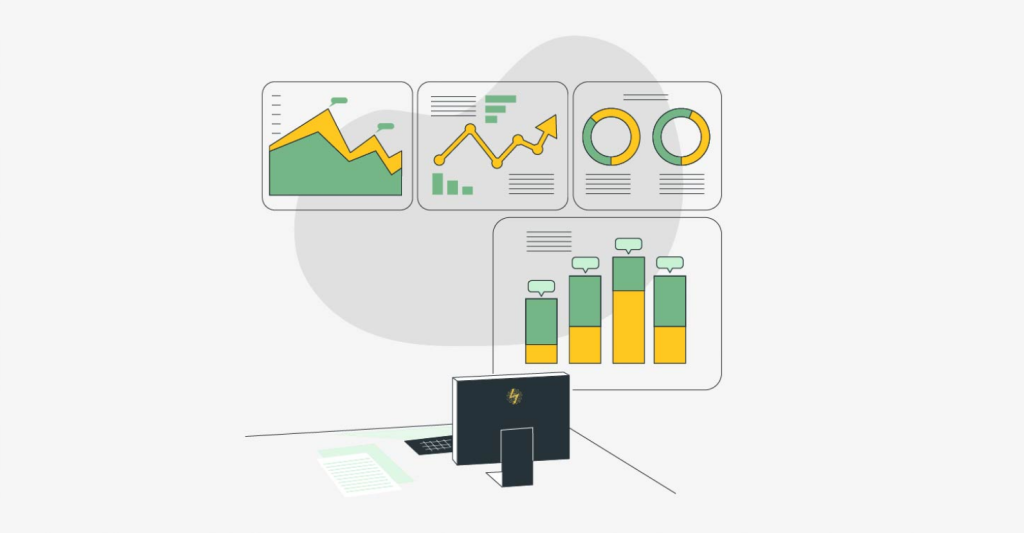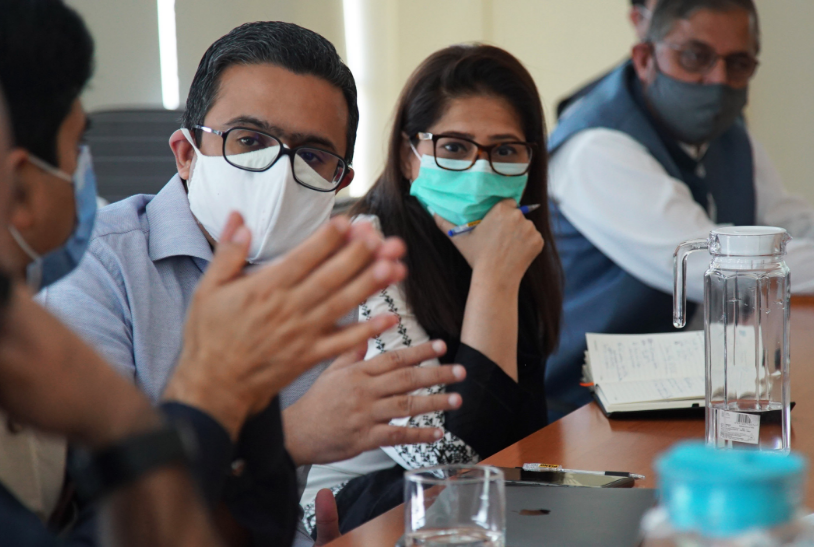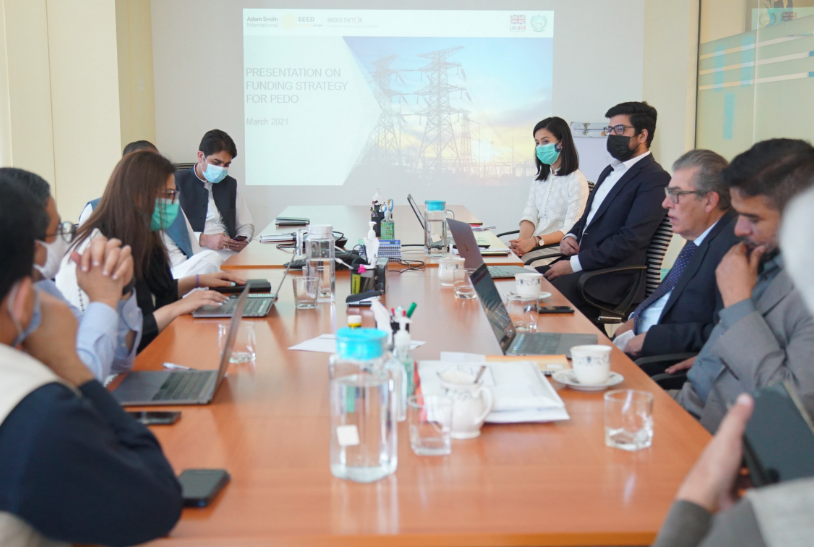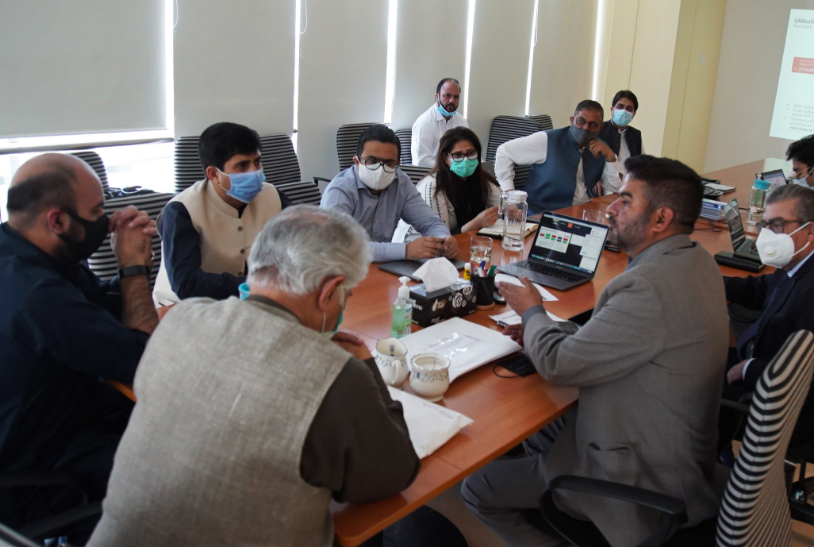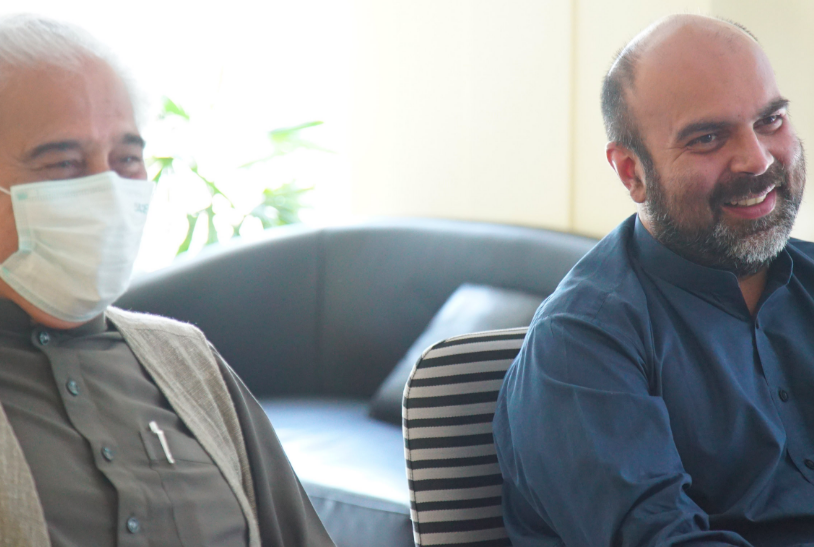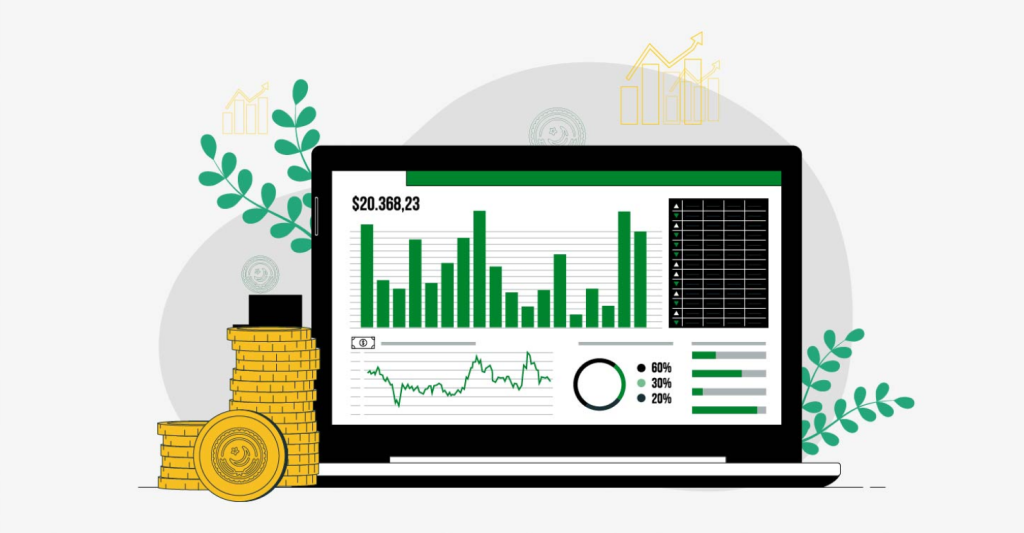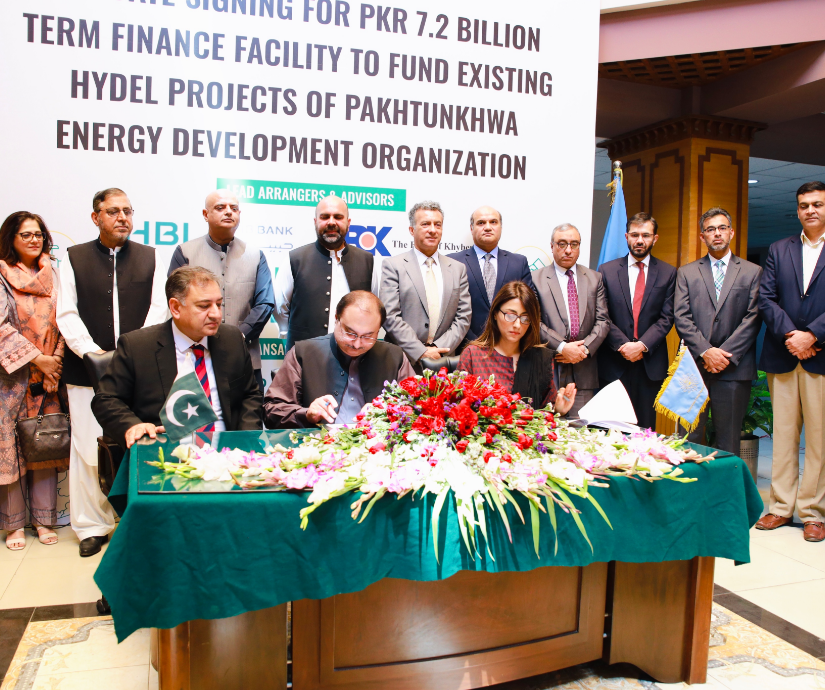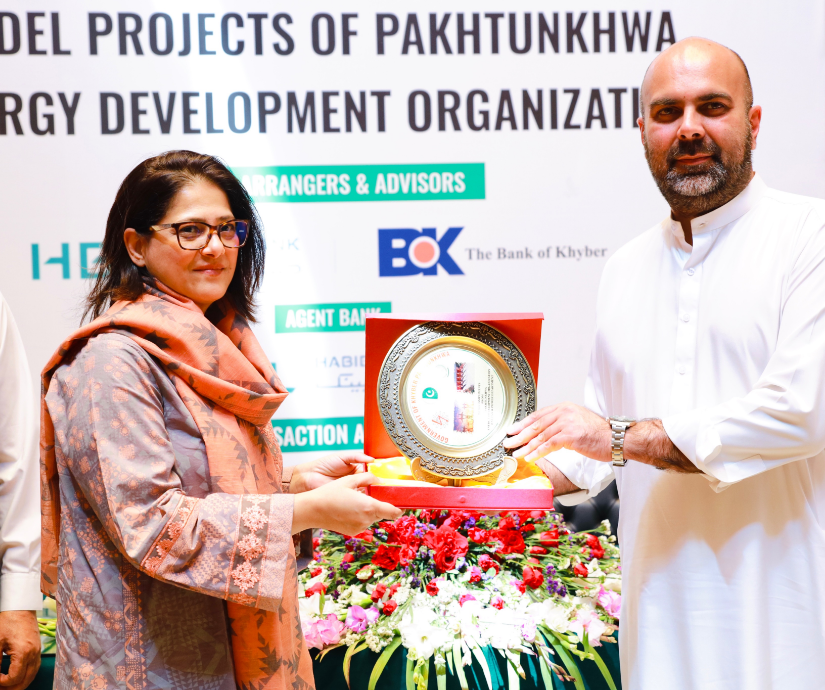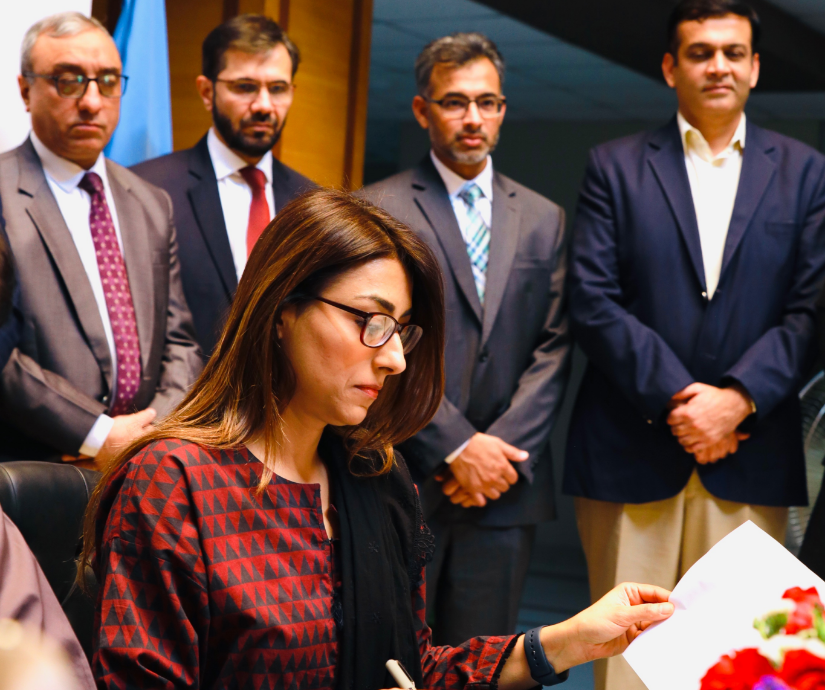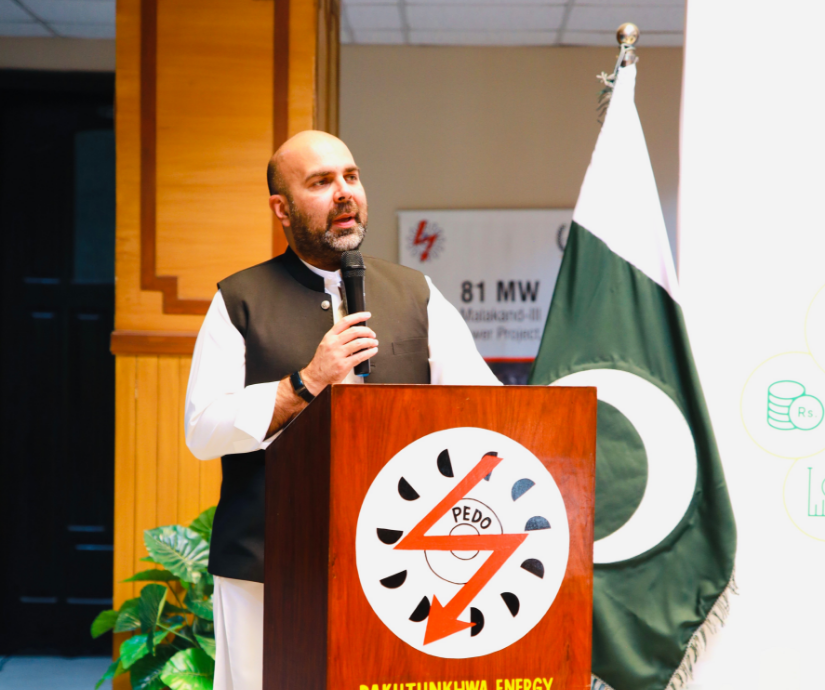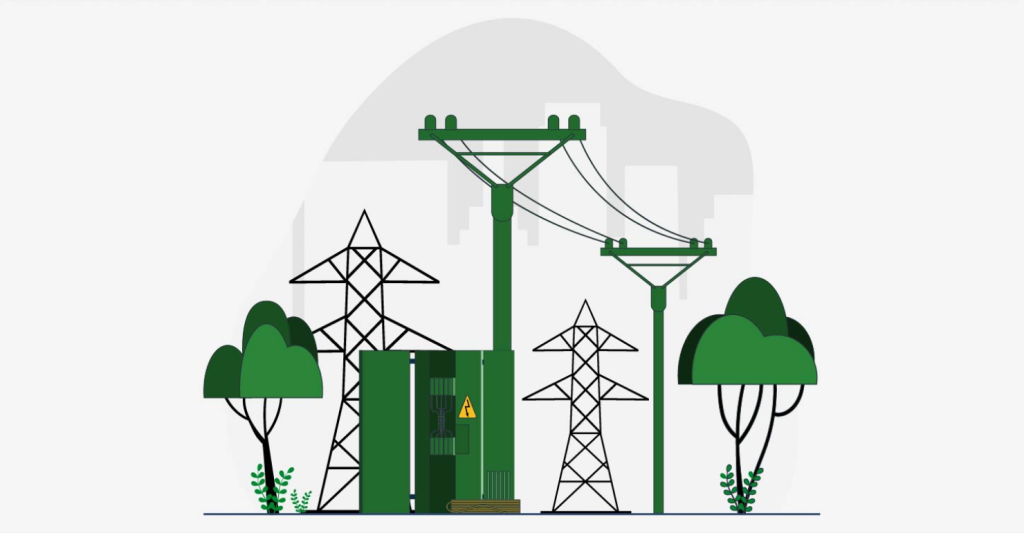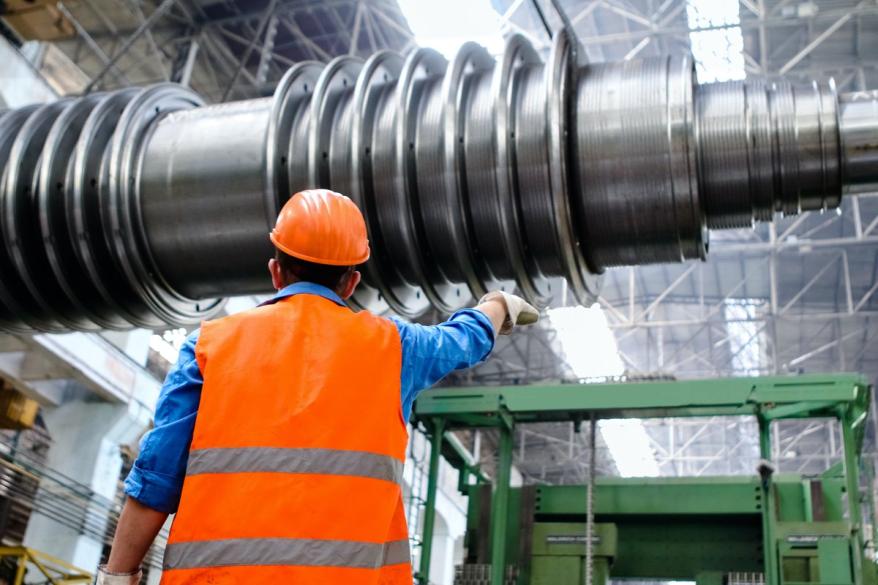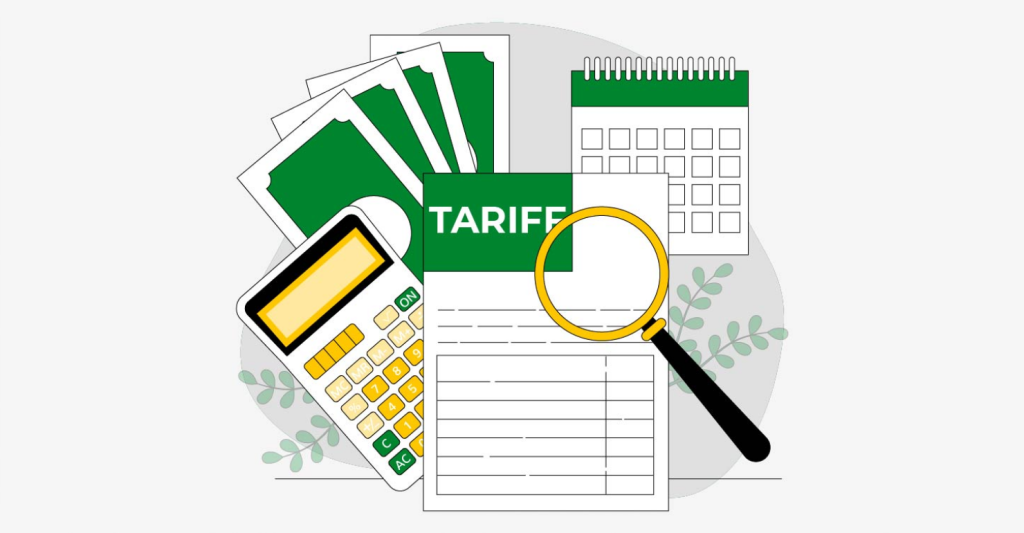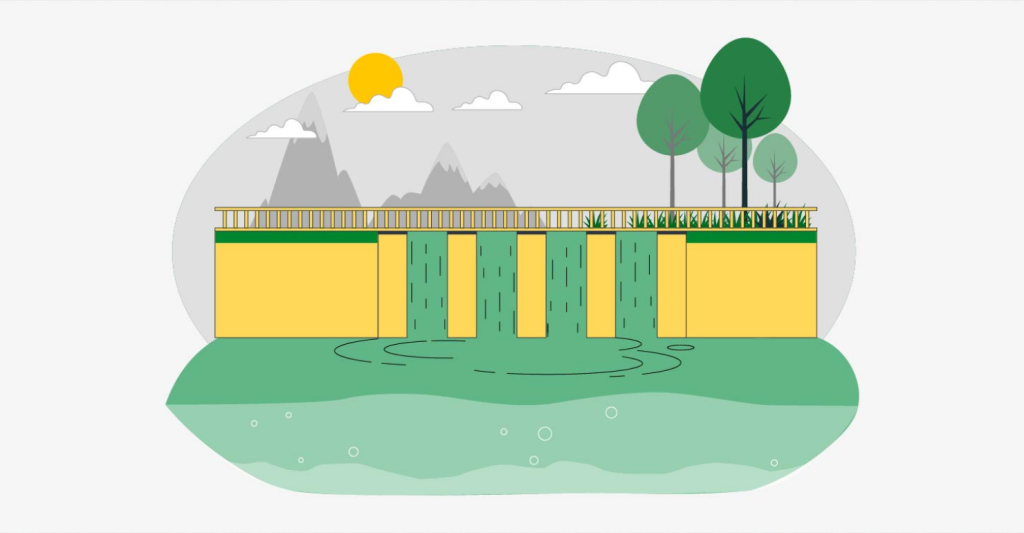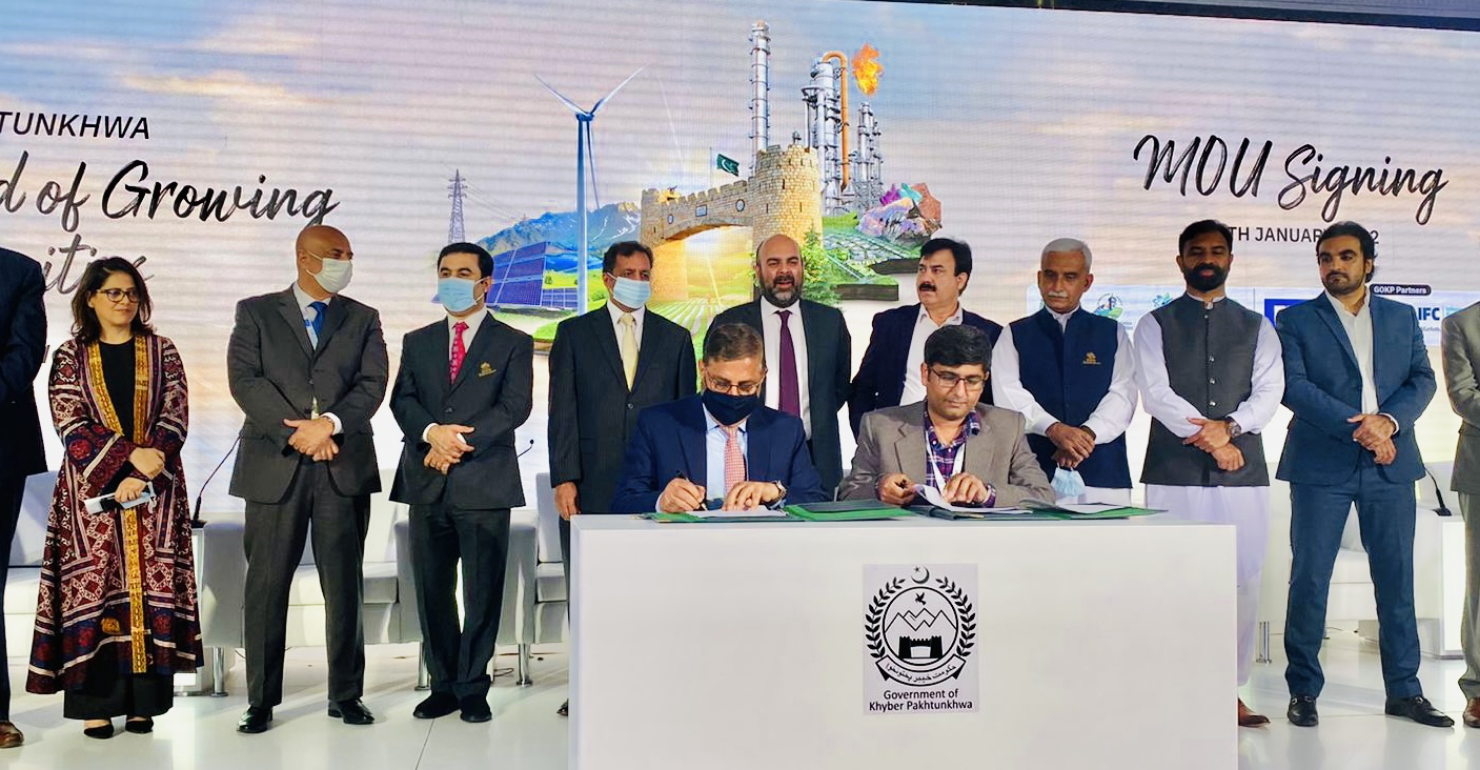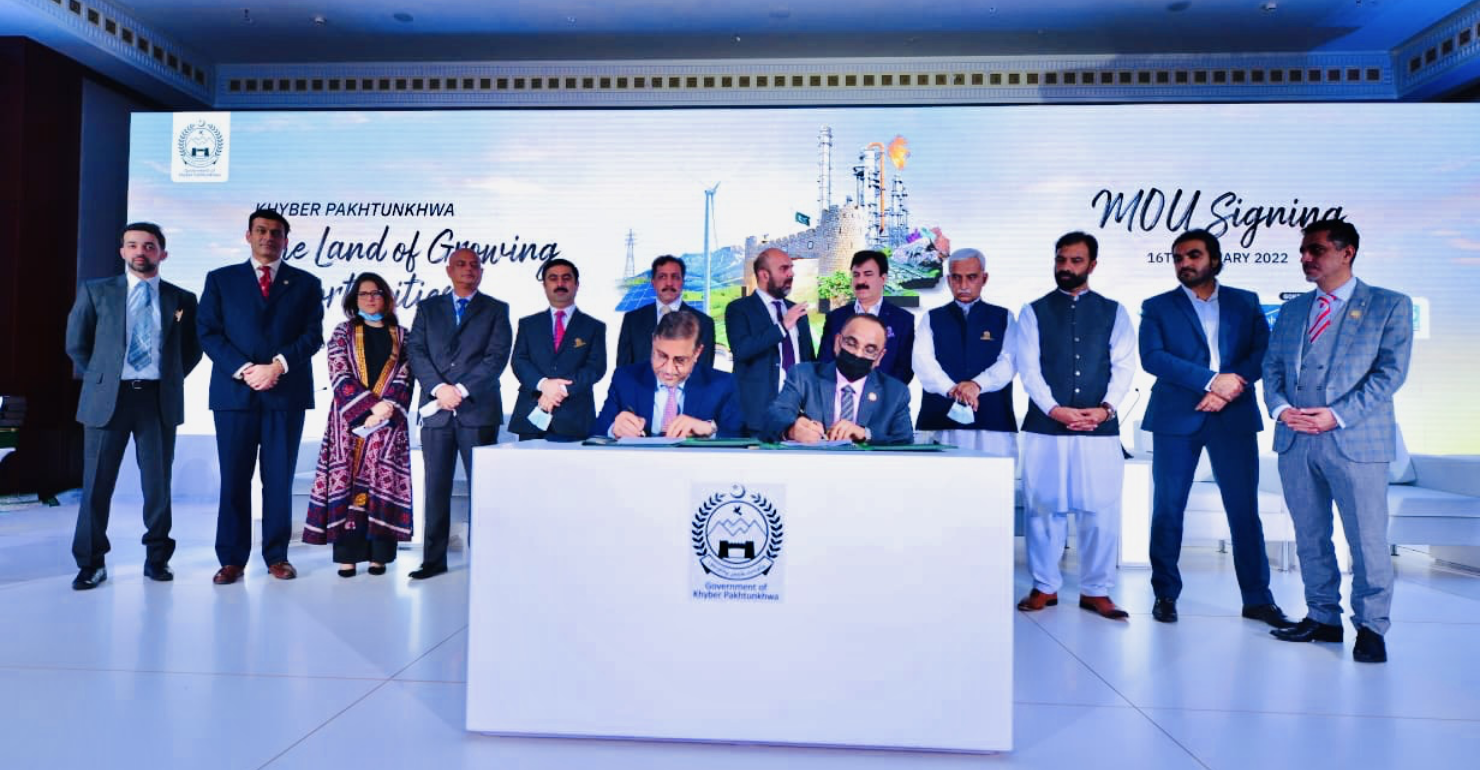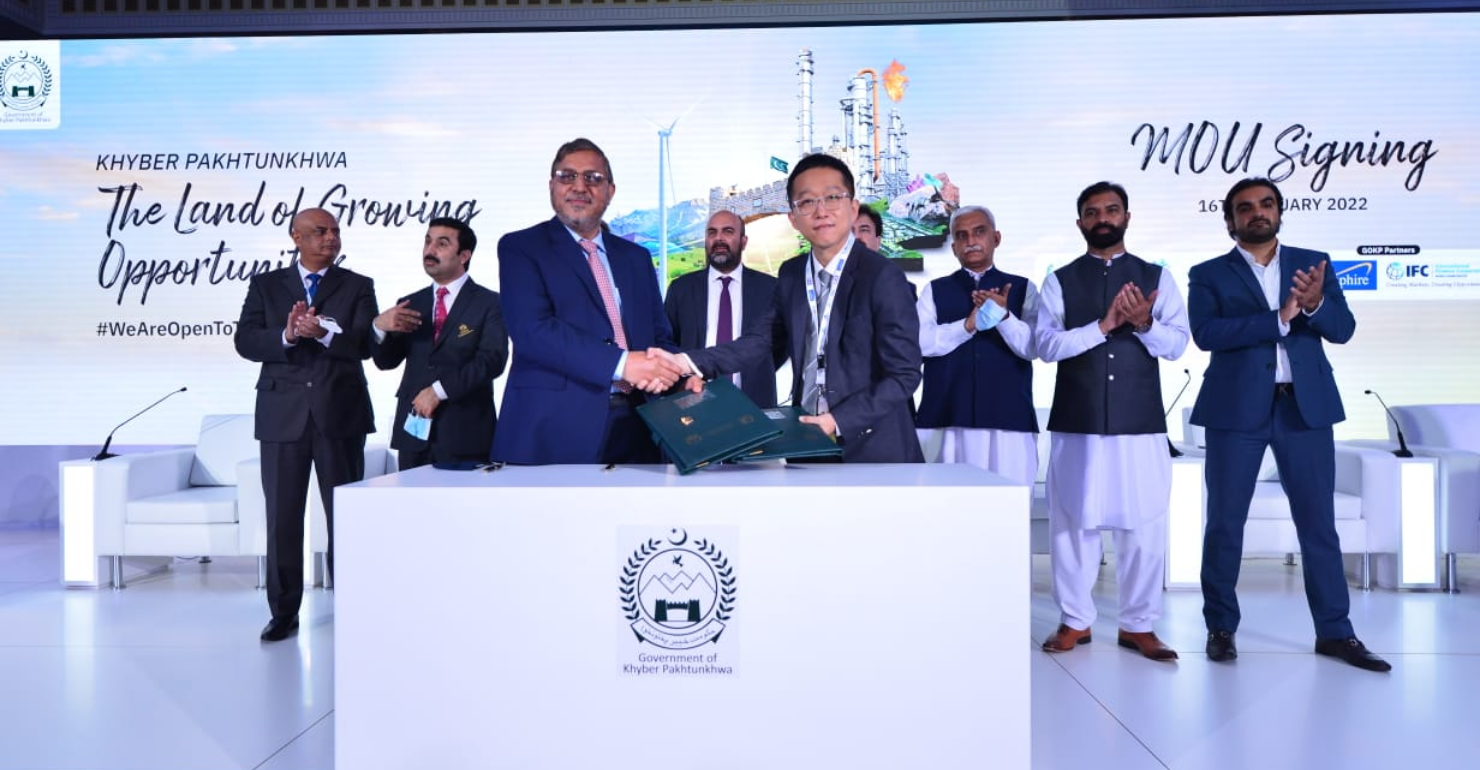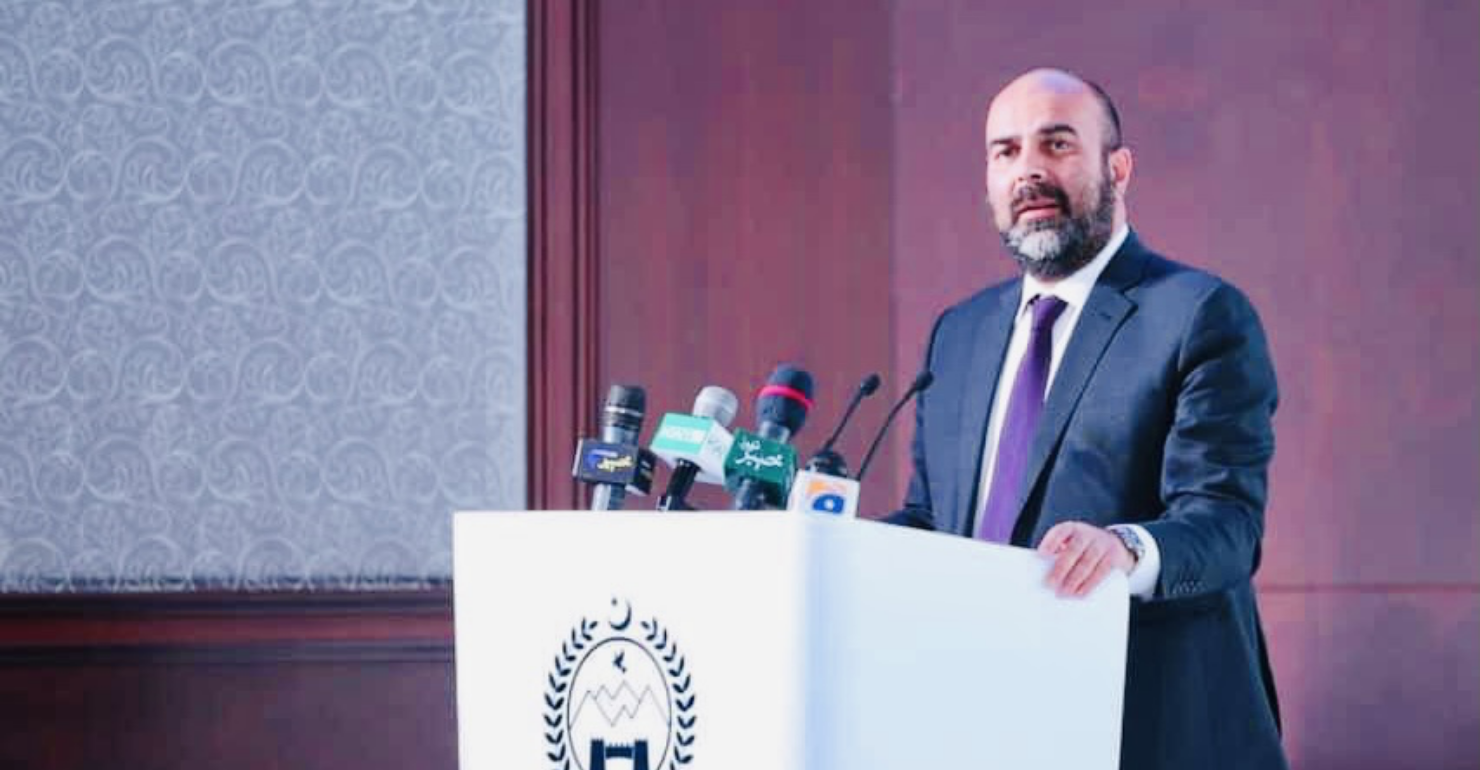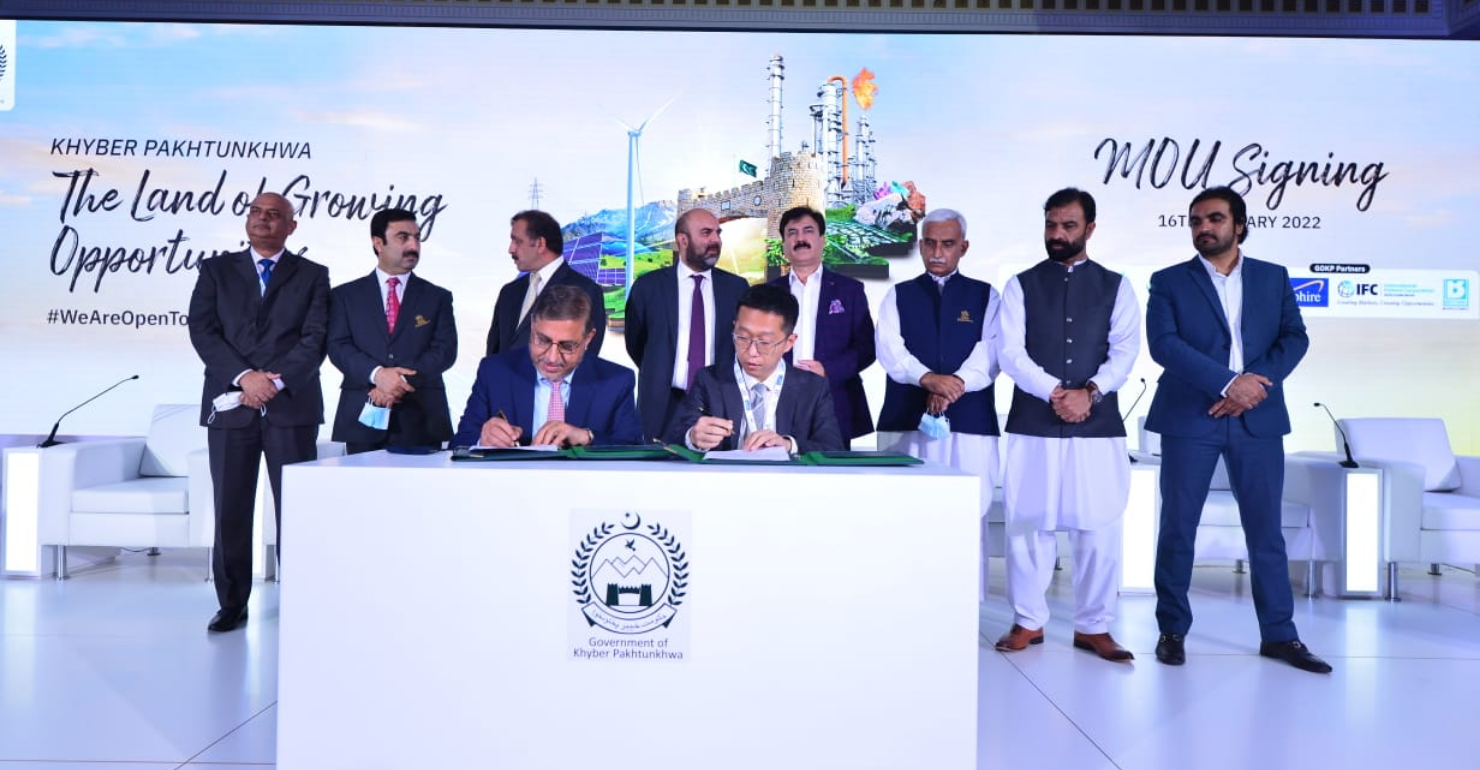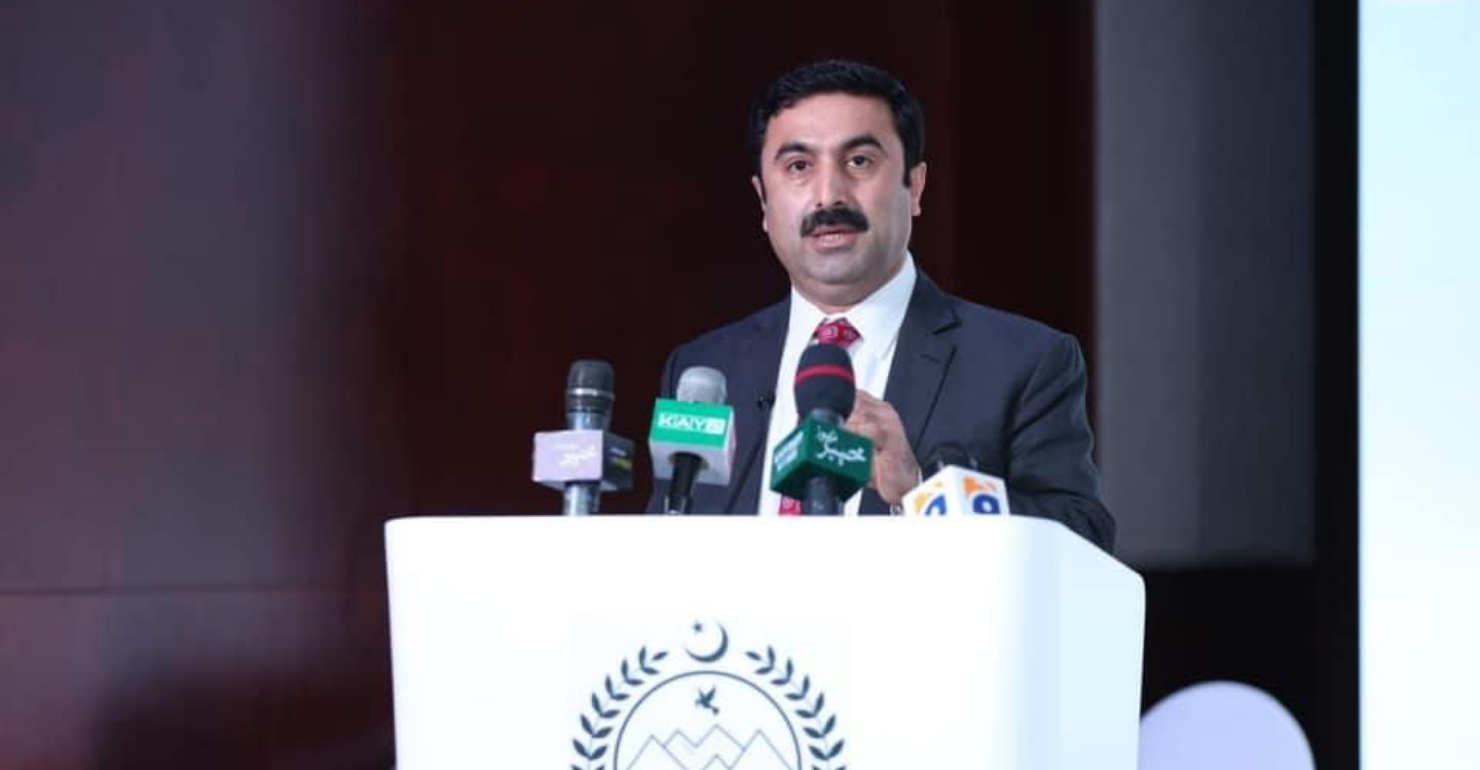Energy & Power - Pakhtunkhwa Energy Development Organization (PEDO)
Overview
The energy sector plays a vital role in any country’s development and economic growth. Electricity—a highly versatile form of energy—stimulates economic performance and plays an essential role in developing every sector of the economy.
The demand for electricity in Pakistan is partly determined by rapid population growth, economic expansion, and electricity prices. The energy sector is facing global challenges regarding sustainability, economics, and the environment.
Pakistan’s energy generation capability (availability) has remained lower than the peak demand in the last decade. However, in FY 2020, energy generation capability has crossed peak demand, and regulators are now more focused on the cost of electricity and the use of indigenous resources like coal, hydro, wind and solar within the generation segment. Pakistan’s installed generation capacity of 35,735 MW is heavily skewed towards thermal (62%), with hydel sources accounting for 28% of the total capacity.
In the future, the GoKP, in line with the vision of GoP, intends to accelerate the adoption of renewables. The focus is thus now shifting towards optimization and expansion of the country’s transmission and distribution network, which is widely seen as the key bottleneck towards ensuring reliable electricity supply to households, businesses and industries.
